Queen of flowers, soda rose - decoration of any front garden. Often, a luxurious bush needs help in the form of antifungal treatment, the destruction of pests and top dressing. For this purpose, it is convenient to use a time-tested tool called copper sulfate. Since roses are not resistant to various diseases, treatment is best done for prevention, constantly. An integrated approach, including treatment in the fall and winter, will eliminate the development of dangerous diseases that provoke the death of shrubs.
Content
Main characteristics and purpose
Iron takes a role in oxidative and energy metabolism, provides the formation of chlorophyll in plants and takes part in the respiration process. Iron sulfate is recommended for use in such soils:
- salted;
- carbonate;
- with an acidity of more than 7;
- calcined;
- with a high content of magnesium and phosphorus.
Copper sulfate is the only source of iron in high concentrations, which is well absorbed by the root system of roses. In gardening, 53% sulfate is used, which has the appearance of a green powder. The drug has great potential and is often used to provide additional nutrition.
The list of indications for use includes:
- prevention of fungal infections due to irrigation of soil and aerial parts of crops;
- treatment of fungal infections;
- prevention and treatment of non-infectious chlorosis;
- cultivation of land and plants to prevent the vital activity of pests and larvae;
- disinfection of cracks and damage to the cortex.
Autumn treatment of roses with a solution of iron sulfate prevents the development of root rot and other plant damage during the winter. Spraying and processing of roses should be carried out in compliance with the proportions recommended for the crop. The use of concentrated formulations can lead to the cessation of growth and development of the root system for an indefinite time.
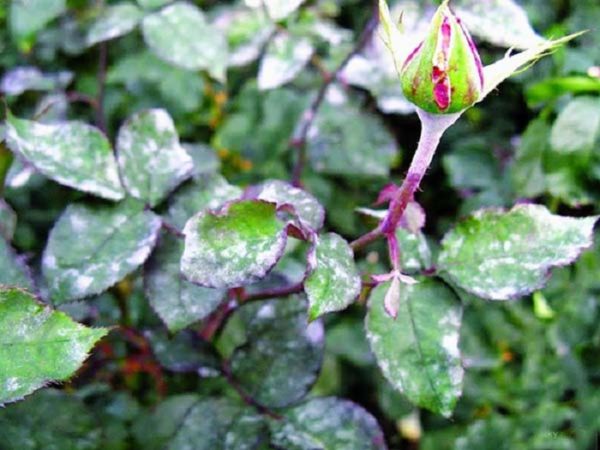
Purpose of application
The scope of copper sulfate is extensive. It is widely used in industry and medicine. In amateur gardening, it is often used as a fungicidal agent that provides protection against the development and prevention of the appearance of fungal diseases. Some sources have information that the working solution of iron of low concentrations can be fertilizer. After watering, a rapid increase in the aboveground leaf mass is noted. Frequent use in high doses is dangerous for flowering plants due to lack of flowering. Concentrated solutions can damage the root system and cause leaf burns, so roses must be handled carefully.Stimulation of plant growth manifests itself some time after treatment, because this effect must be associated with the overall improvement of the rose bush.Immediately after using vitriol, the leaves of the plant may turn yellow and crumble. Processing in the spring leads to a slight deviation of the vegetation cycle - 1-2 weeks from the norm.
When feeding garden roses with copper sulphate in autumn, you need to remember that in addition to iron, the plant needs other trace elements and nutrients, therefore it is better to use complex compounds, and copper sulfate should be used for processing against fungi and pests.
The solution is used in the fight against the following diseases:
- mycoses;
- powdery mildew;
- gray rot;
- black spotting;
- anthracnose.
Gardeners recommend spilling the rosary with a weakly concentrated solution before sending plants for wintering. The soil contains spores of various fungi and other pathogens, which, after the construction of a shelter, can be active.
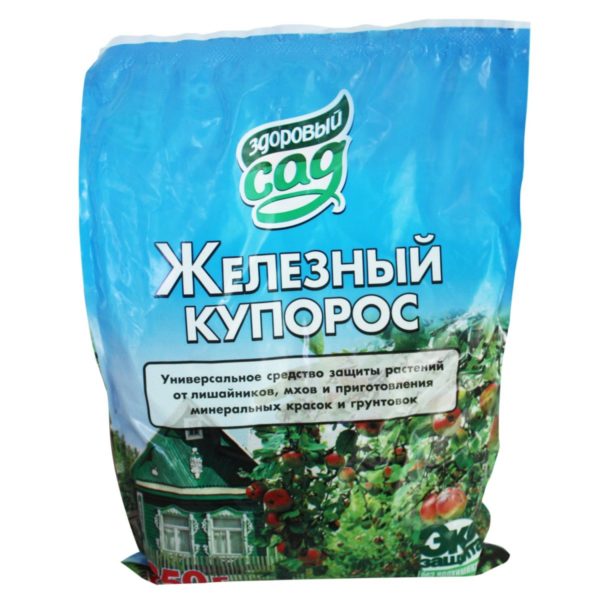
Features of the drug
Processing of roses with vitriol can only be done in autumn. Using the drug in springtime is dangerous for the plant, because it provokes the formation of brown spots on the leaves. They do not harm the bush itself, but the leaves cannot be restored. Autumn processing is carried out after falling or preliminary removal of green mass. To treat the bush before wintering for preventive purposes you need a solution of 3% concentration, that is, by dissolving 30 g of the drug in 1 liter of water. High concentrations can cause burns to young shoots of shrubs, and low concentrations are not effective in controlling mycoses.
In urgent cases, solutions with a concentration of 1% can be used after the dissolution of leaves and rosebuds. The buds need to be protected from liquid, the solution is carefully distributed over the leaves with a spray bottle. Processing is carried out with an interval of 10 days, twice. The activity of the product decreases after rain, because the product is washed off the leaves.
When preparing the rosary for wintering, you need to remember that it is forbidden to cover flowers before drying. For the solution to work, you need 2 days, without precipitation. Fallen leaves must be removed and burned. It is not allowed to use vitriol in a mixture with other fungicides or lime.
Advantages and disadvantages
An antifungal agent has the advantages of:
- low price;
- high infectivity against fungi;
- non-toxic to humans;
- does not change the qualities of the soil mixture;
- stimulates the growth of crops and increases immunity to diseases;
- acts externally, does not penetrate into cells.
The disadvantages of the tool:
- low efficiency as an insecticide;
- restrictions on the period of use (before the dissolution of the kidneys and after falling of leaves);
- destruction of the green mass of the plant;
- it is difficult to choose the concentration;
- washed off after precipitation and stops working.
Preparation of working solution
To effectively combat fungal infections, rose bushes are treated with a 3% solution. Spray the shrub carefully. Manipulation is carried out on dry days, because the solution must dry on the leaves. If it rains, you need to repeat the treatment.
If treatment in the autumn was not carried out, but it is carried out in the spring. For this I use a 1% solution. To prepare a working solution with a concentration of 3% in 10 l of water, 30 g is dissolved. drug, to obtain 1% - 10 g. The dry mixture is poured into cold clean water and the composition is vigorously stirred until complete dissolution. Do not use the drug in conjunction with other fungicides. The finished composition is used immediately, in contact with air, it loses its activity.
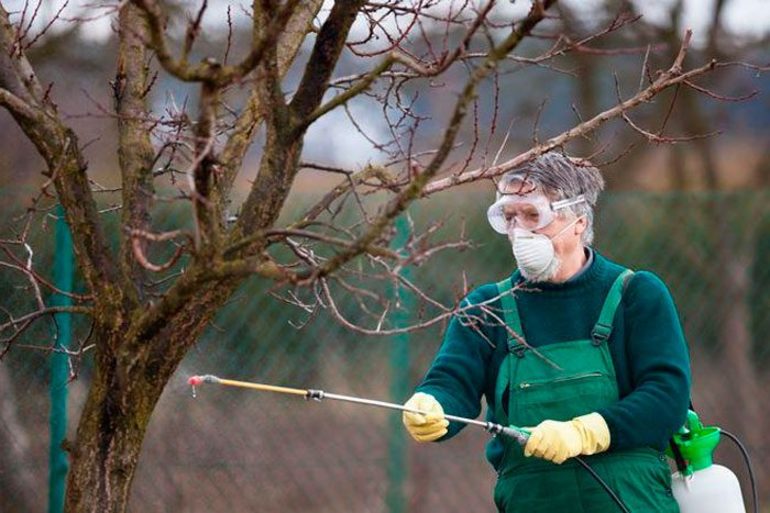 You may be interested in:
You may be interested in:How to process the aboveground part and soil
Processing should be carried out by spraying in the fall, but since rose disease occurs regardless of the season, iron sulfate in small concentrations is used during the growing season.
Processing of shoots in spring and summer is carried out according to the scheme:
- use a solution with a concentration of 1%;
- it is distributed over the leaves and shoots of the plant using a spray gun;
- rose flowers are removed before processing;
- fallen leaves are collected and burned;
- treatment is repeated 3 times every 10 days.
Autumn processing scheme:
- spend autumn pruning;
- fallen leaves are removed;
- prepare a solution of 3% concentration and spray them with a rose;
- You can cover the bush 3 days after the manipulation, but no later than 14 days.
It is possible to water the soil with vitriol before wintering the plant, because fungal spores can form from the soil. Be sure to spill the composition of the cooked mulch.
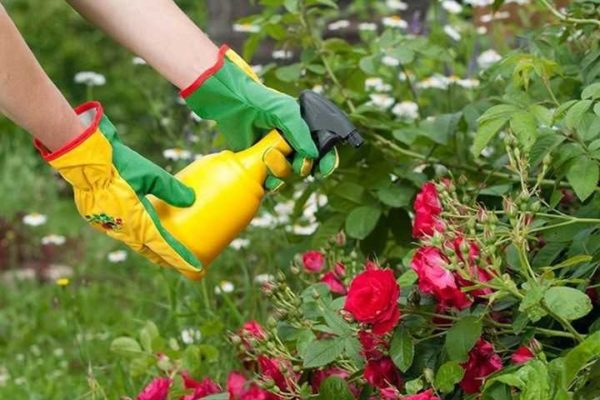
Features of working with a solution
Experienced flower growers recommend a fungicide treatment after falling leaves. If the plant was not sprayed in the fall, this must be done in the spring, but before the start of growth. The purposes of using the product are various, as are the methods of application. The solution of vitriol is used for spilling the soil and spraying the aerial parts.
With fungal infection
Fungal infections often fall into the rose garden with new, acquired varieties, therefore, before planting new bushes in the garden, they need to be examined for fungi and pests.
The list of common fungal infections of roses includes:
- sphere library;
- peronosporosis;
- gray rot;
- rust;
- infectious burn;
- Septoria
Iron sulfate is used to prevent and treat these diseases in seedlings. A 3% solution is used, which is applied to the shoots using a spray gun. The sheet mass will be lost. The period of operation of the product is 2 weeks.
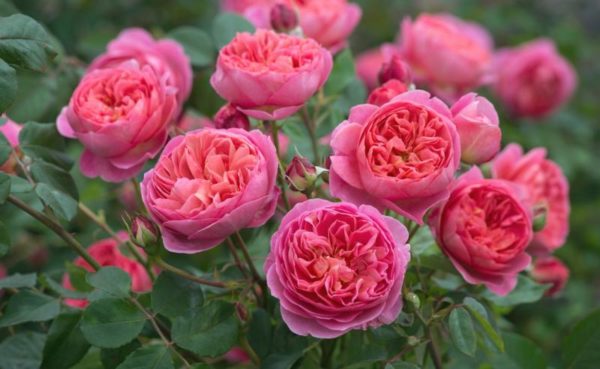
Insect control
For pest treatment the working solution is used in the fall before covering the rose garden for the winter. Before irrigation of the aerial parts of the plant, sanitary pruning is performed and all fallen leaves and removed stems are removed from the front garden. Before spraying, you need to water the soil and feed the rose before wintering.
Supplementary food
Processing of rosary with vitriol in the fall can be carried out not only for the purpose of healing, but also fertilizer. To do this, 30 g of the composition is dissolved in 3 l of soft water. The drug is used at the rate of 10 l of working solution per 100 squares. Watering is carried out in dry, calm weather. This technique is not applied in the summer.
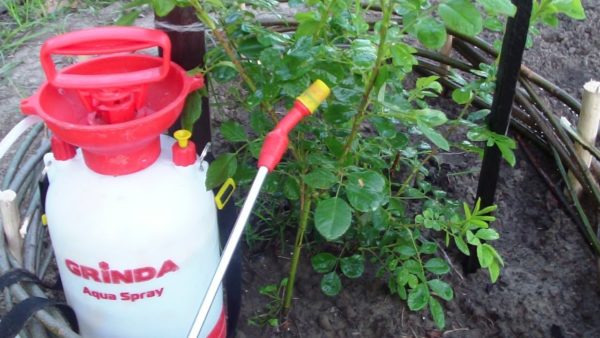
Comparison with other fungicides
The comparative table discusses the popular analogues of vitriol:
| A drug | Description |
| Ridomil Gold | Safe in relation to roses, a drug that not only has a contact effect, but also penetrates the stem. The product does not wash off after rain, therefore it surpasses kuparos in efficiency due to its long action. |
| Oksikhom | Used to treat rosary from mycoses at any time of the year. There are no strict contraindications for use during the flowering period. |
| Abiga peak | It is washed off with water, therefore it ceases to be effective after rain. It does not harm the green mass. |
| Bordeaux mixture | It is widely used in gardening, but it is difficult to prepare a working mixture. |
Answers to usage questions
In the use of copper sulfate in gardening there are features. The rules applicable to horticultural crops are not suitable for roses. For example, 5% solutions in spring are used to treat fruiting trees, while such a concentration will simply kill the rose bush.
A solution of even small concentrations is harmful to the soft tissues of the plant, immature shoots and leaf mass because blackening after processing is natural. Need to wait for spring. And then remove the shelter and see what happens to the bush. If the roses received a chemical burn, they trim to soft tissues, cut the slices with crushed activated carbon. Rapid growth and flowering in the upcoming season can not be expected, the main task is to save the weakened bush, so you need to abandon the use of fertilizers.
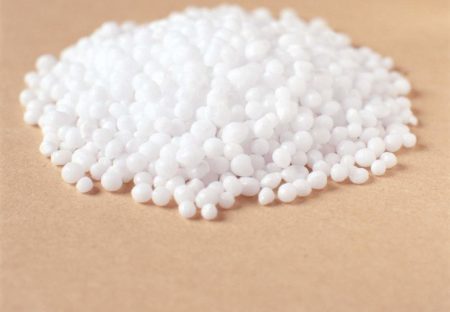 You may be interested in:
You may be interested in:Finally
Copper sulfate is a popular fungicide used to treat rosary before hibernation. The tool helps to prevent fungal infection and increases the immunity of plants. It must be used carefully, in compliance with the rules for the selection of concentrations and processing. The use of solutions with a low concentration is necessary for prophylaxis, if you can, you can increase the content of the active substance to 3%. In comparison with other fungicides, vitriol has a low price and good prevalence, therefore it is not worth excluding it from the flower grower's first-aid kit.

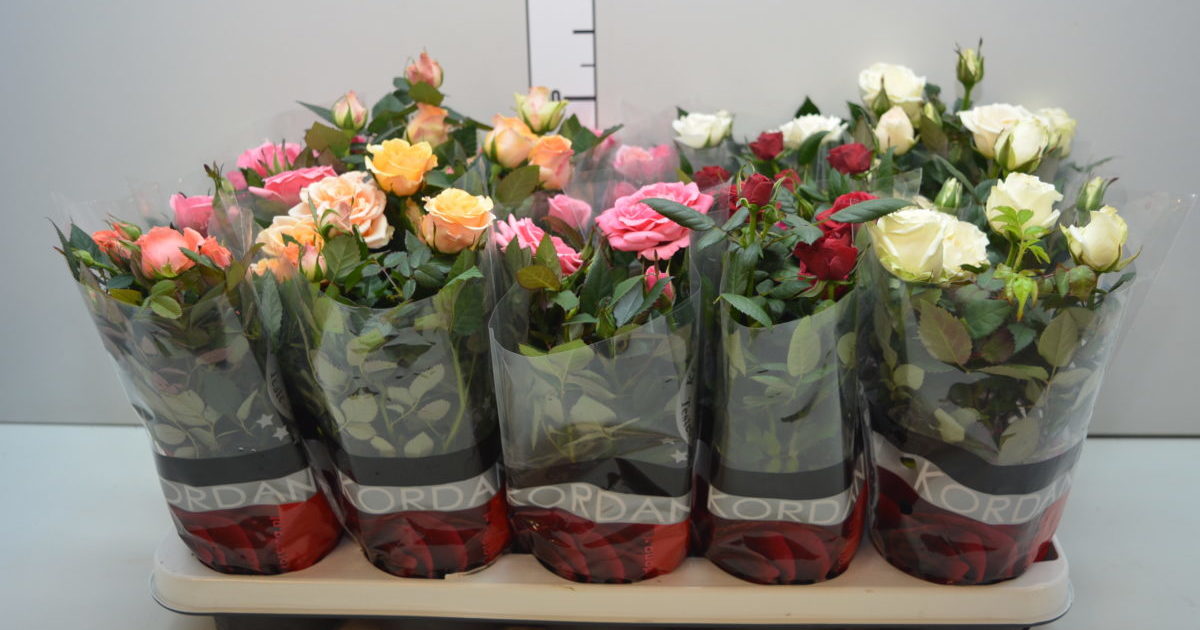
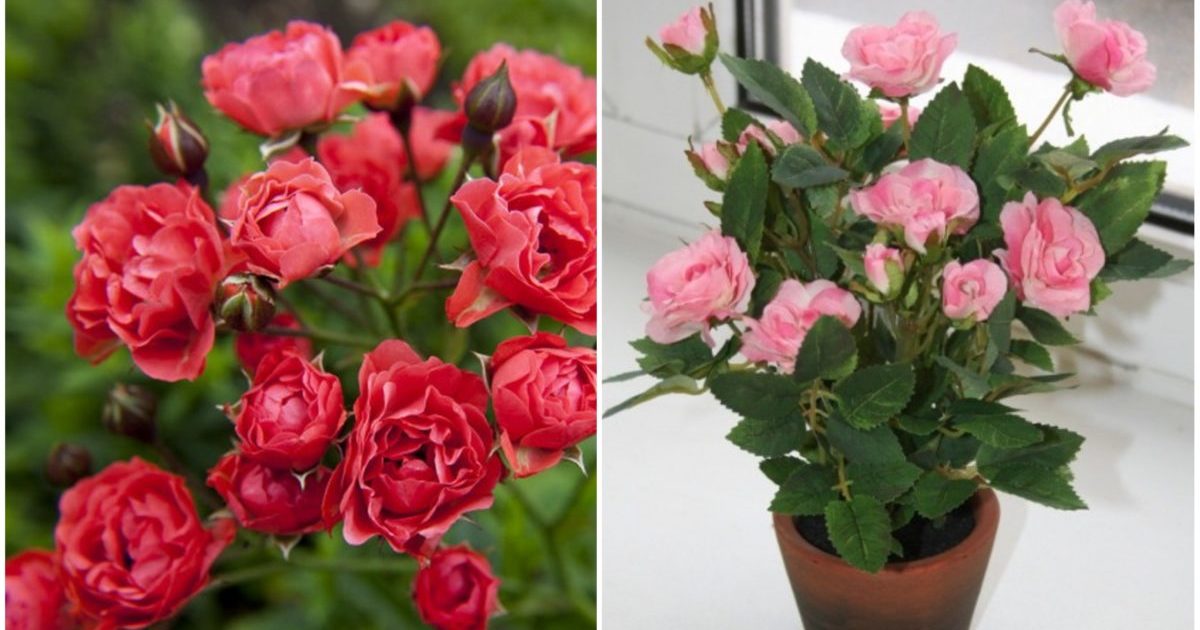
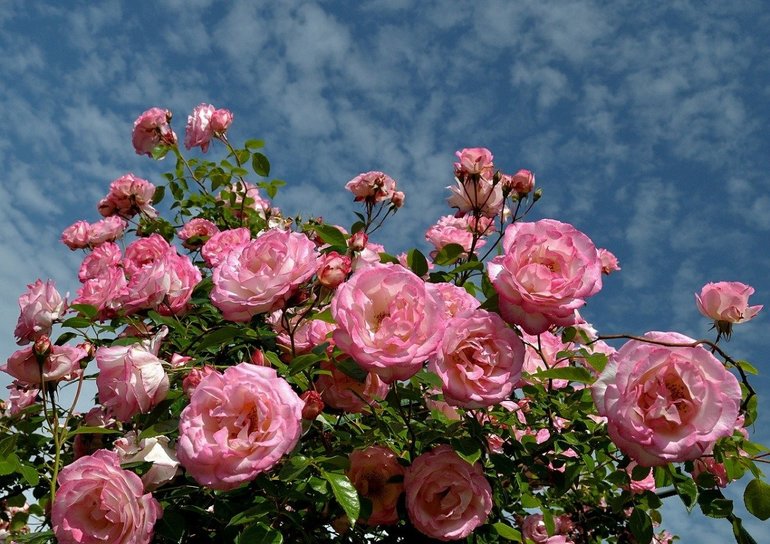
 Shelter of roses for the winter: at what temperature does the robot hold
Shelter of roses for the winter: at what temperature does the robot hold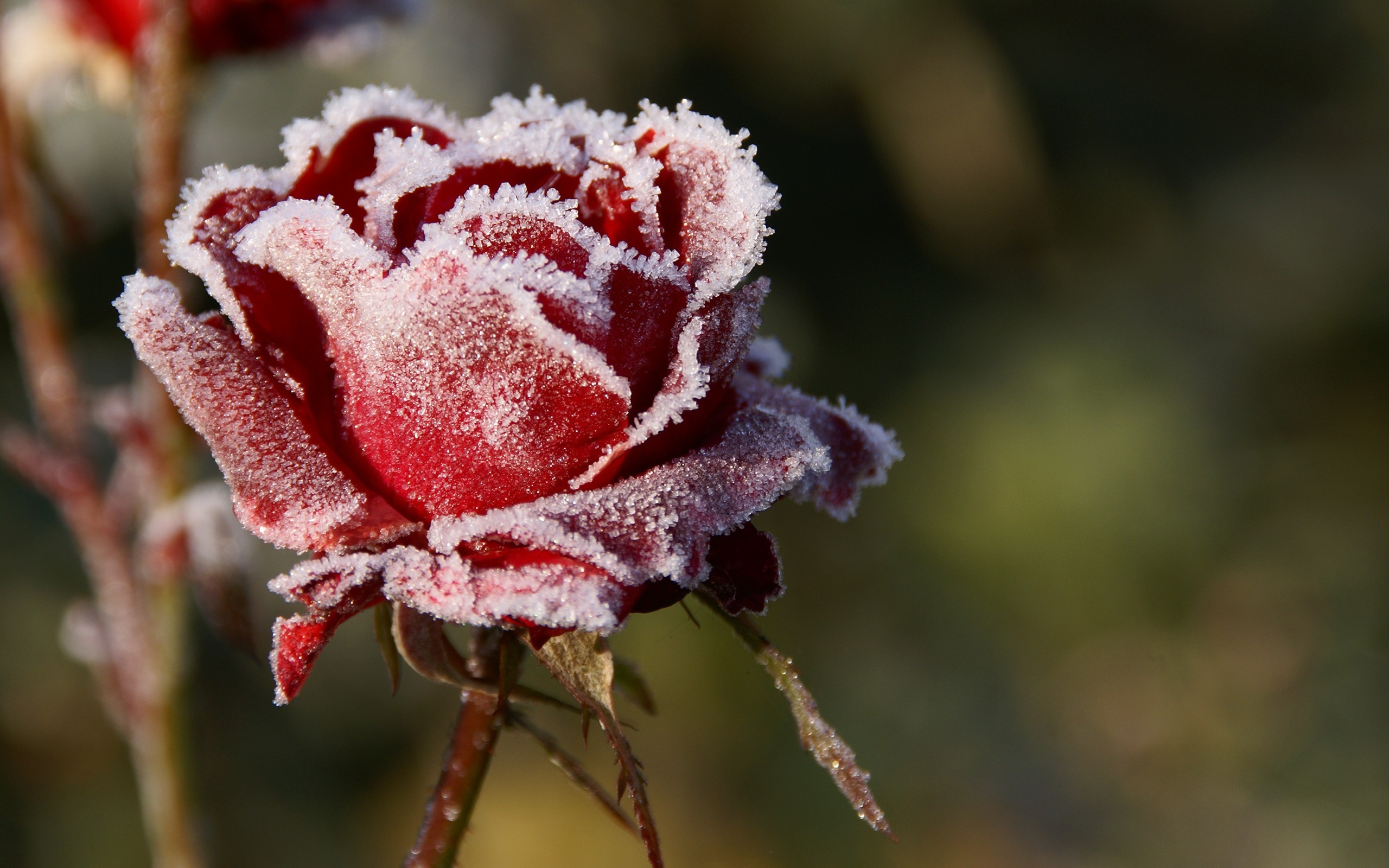 How to prune roses in the fall: timing, pruning rules, pros and cons
How to prune roses in the fall: timing, pruning rules, pros and cons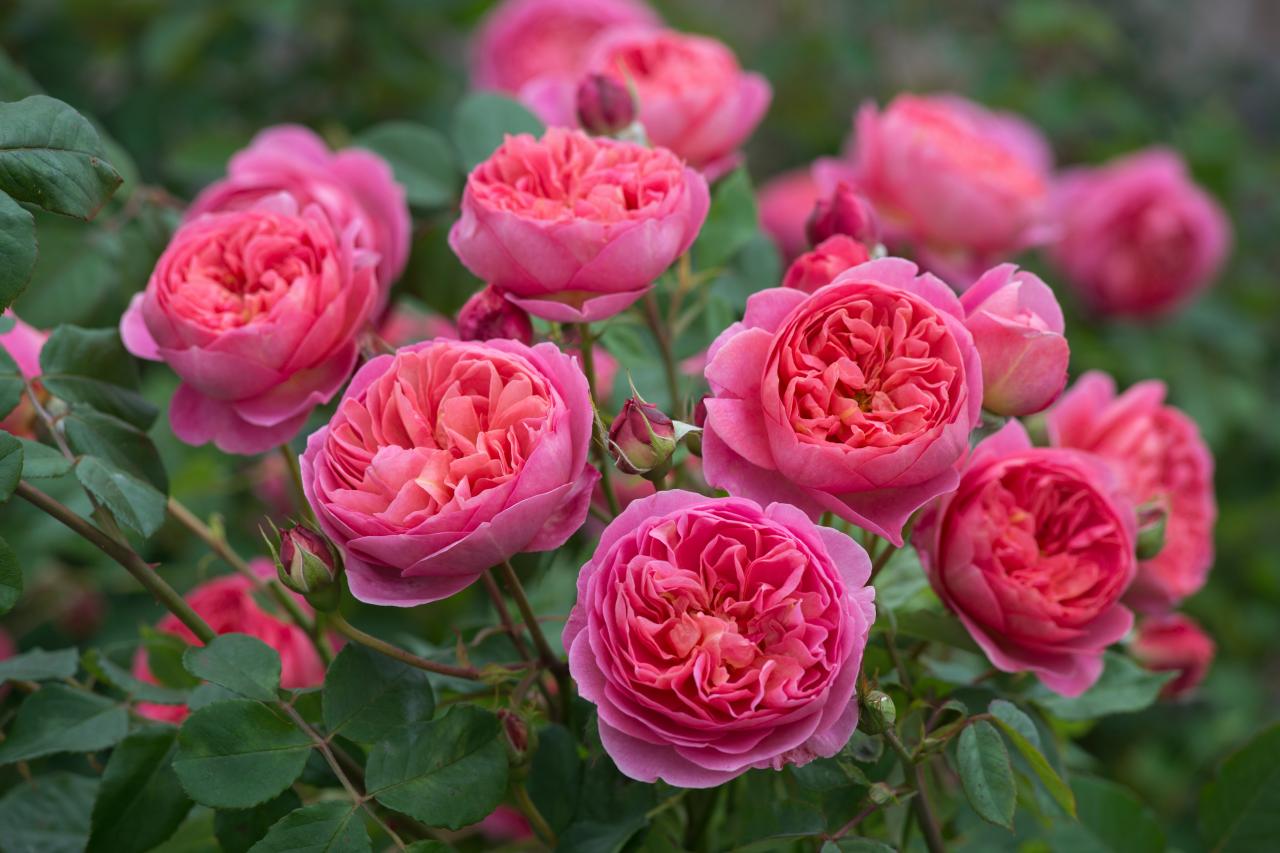 What are the varieties and types of roses
What are the varieties and types of roses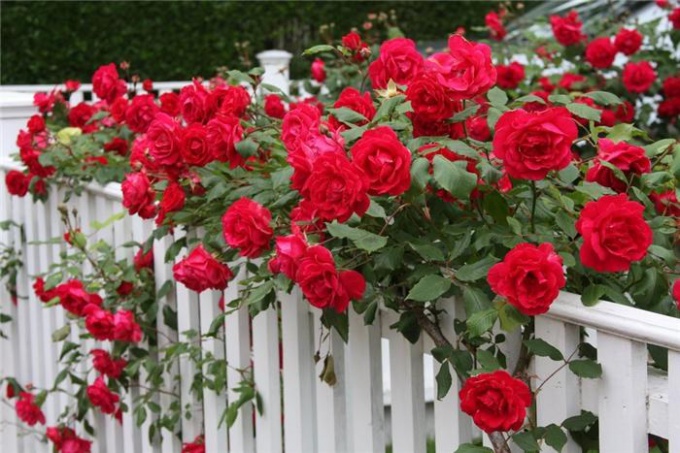 How to process roses with iron sulfate in autumn: proportions, advantages and disadvantages
How to process roses with iron sulfate in autumn: proportions, advantages and disadvantages